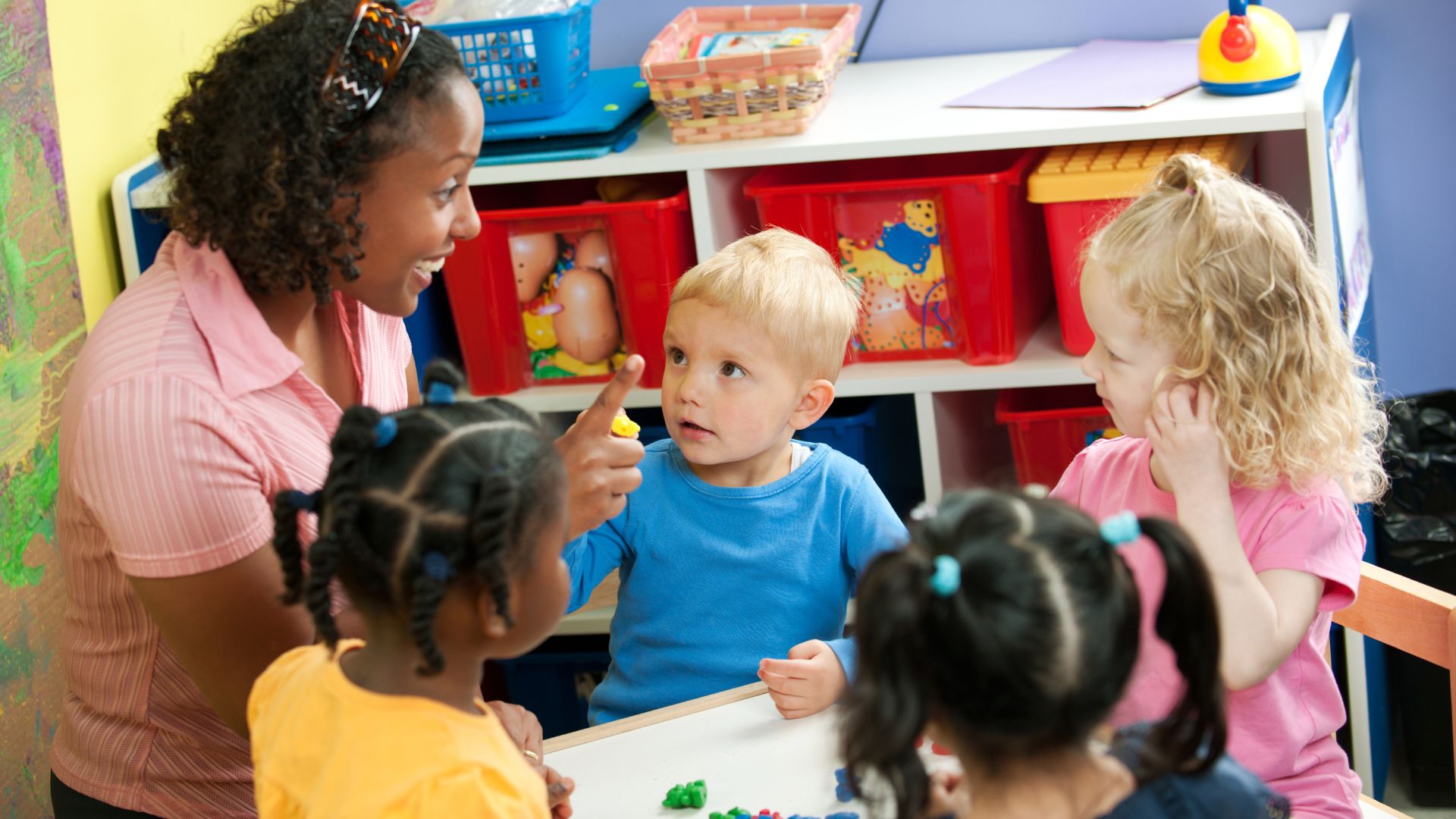Choosing the right preschool for your child is a significant decision that can have a lasting impact on their educational journey. Early childhood education in Aurora is a crucial stepping stone for children, providing them with the foundation for future learning and success. However, determining if your child is ready for preschool can be a challenging task. In this blog, our team at GVI Preschool will discuss four key factors to consider when deciding if your child is ready to join a preschool learning environment.

Age and Developmental Milestones
Understanding your child’s age and developmental milestones is essential in determining their readiness for preschool. Most preschools accept children between the ages of two and five. Ensure that your child meets the age requirements set by the daycare provider and consider whether they have reached important developmental milestones such as social skills, independence, and language development.

Interest in Learning and Exploration
Preschool is a place where children begin to develop a love for learning and exploration. Look for signs of curiosity and enthusiasm in your child’s daily activities. Are they eager to discover new things, ask questions, and engage with their surroundings? A genuine interest in learning is a positive indicator that your child may be ready for preschool.

Ability to Follow Instructions and Routines
Preschool learning involves following instructions and adhering to daily routines. Assess your child’s ability to listen and follow simple directions. Can they understand and respond to basic instructions? Do they demonstrate a level of independence in completing tasks such as toileting, eating, and dressing themselves? These skills will be valuable in a preschool setting.

Social and Emotional Readiness
Preschool is a social environment where children interact with their peers, teachers, and other adults. Consider your child’s social skills and emotional readiness. Do they enjoy being around other children? Can they communicate their needs and emotions effectively? Evaluate their ability to share, take turns, and engage in cooperative play. These social and emotional competencies are fundamental in fostering positive relationships and a sense of belonging in preschool.
By assessing these factors and understanding the importance of early childhood education, you can make an informed choice that sets your child up for success. Remember, every child is unique, and readiness for preschool may vary. Trust your instincts as a parent and choose a preschool learning environment where your child can thrive and grow, such as what we have to offer at GVI Preschool!

